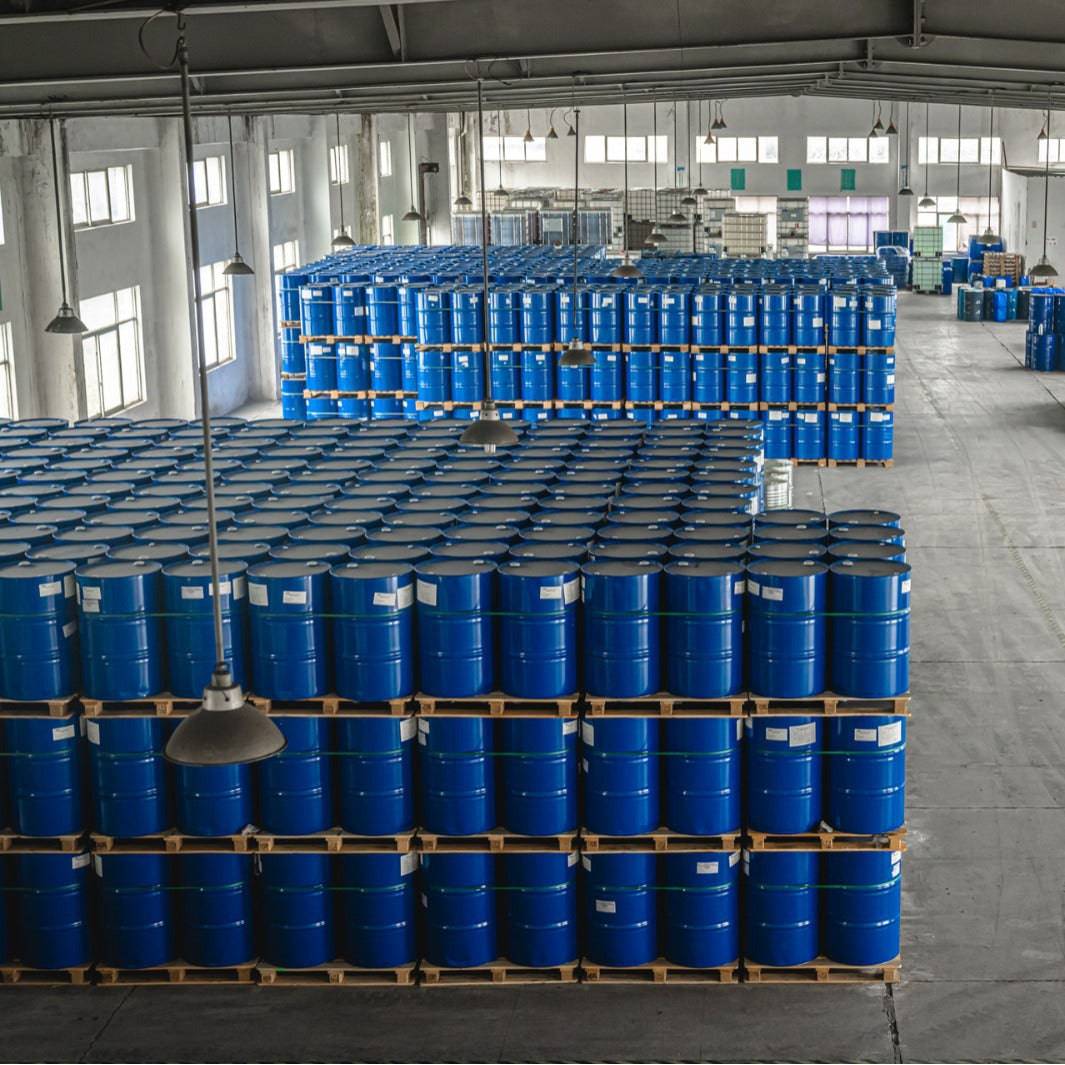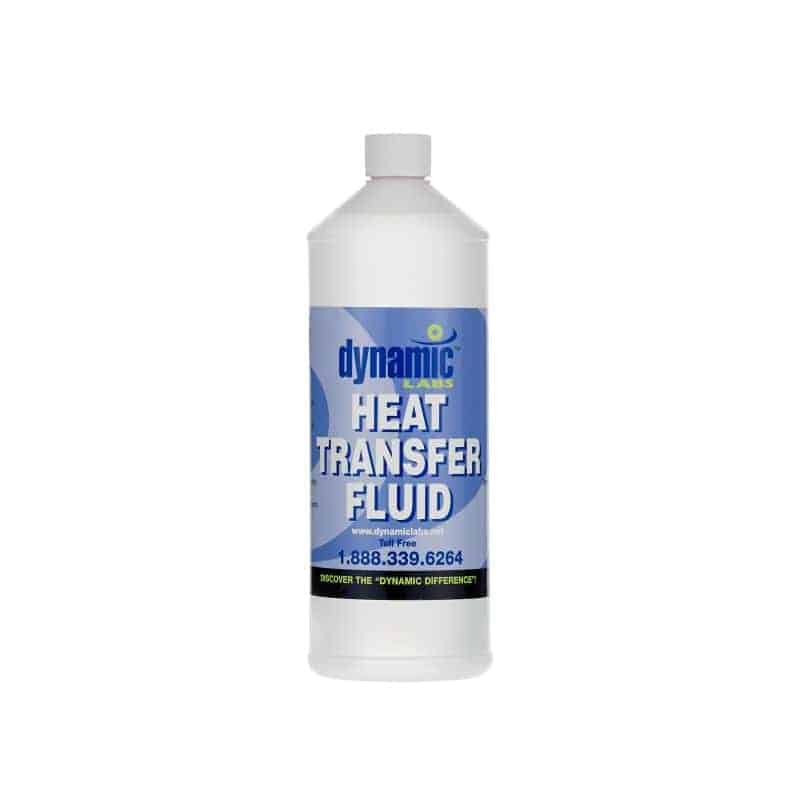How Silicone Oil Functions as a Superior Heat Transfer Fluid in Sensitive Equipment
How Silicone Oil Functions as a Superior Heat Transfer Fluid in Sensitive Equipment
Blog Article
Why Picking the Right Heat Transfer Fluid Is Vital for Optimal System Effectiveness
Choosing a suitable heat transfer fluid is a crucial choice that can substantially affect system effectiveness and operational prices. The appropriate liquid not only enhances thermal efficiency however likewise ensures longevity and integrity of devices, minimizing the risk of costly downtimes. Secret homes such as thermal conductivity, viscosity, and thermal security needs to be thoroughly reviewed to maximize energy usage and stay clear of possible failures. As the effects of this option extend much past immediate efficiency, comprehending the subtleties of fluid option ends up being important for any person seeking to achieve optimal system efficiency. What variables should be focused on in this important decision-making procedure?
Relevance of Heat Transfer Fluids
What function do warmth transfer fluids play in industrial procedures? Warm transfer liquids are necessary for the reliable transfer of thermal energy within different commercial systems. They promote the movement of warm from one place to an additional, making sure that procedures operate within optimal temperature varieties. Their key feature is to soak up heat from a source, such as a furnace or reactor, and supply it to an end customer, like a warmth exchanger or purification column.
The option of warm transfer fluid can considerably affect energy effectiveness, security, and devices long life. Liquids have to can withstanding heats and stress without weakening, along with exhibition minimal volatility and reduced poisoning. Their performance directly influences not just the efficiency of the system however likewise its operational costs.
Moreover, warmth transfer liquids play an important function in maintaining procedure control, making sure that temperature variations are lessened. This is especially important in delicate applications such as petrochemicals and pharmaceuticals, where specific temperature management is critical. Generally, the significance of picking the ideal heat transfer liquid can not be overstated, as it is important to optimizing industrial procedures and enhancing total system performance.
Trick Residence to Think About
When picking a warm transfer liquid, which vital homes should be focused on to make certain optimum efficiency? Thermal conductivity is essential; a fluid with high thermal conductivity will effectively transfer warmth, minimizing power loss. Furthermore, the particular heat capability of the liquid is important, as it establishes just how much energy the liquid can launch and store, impacting overall system responsiveness.
Thickness is another substantial property to consider, as it influences the fluid's circulation characteristics; lower viscosity liquids are usually chosen for easier flow and decreased pumping energy. The fluid's temperature range is equally important; it must do properly within the functional temperature levels of the system without weakening or vaporizing.
Chemical security is important to avoid degradation gradually, which can bring about system inefficiencies and possible failings - thermal oil. Moreover, compatibility with system products should not be overlooked to stay clear of deterioration or damages to elements. Think about the environmental influence and safety and security account of the fluid, as regulations and sustainability goals progressively influence liquid option. By prioritizing these crucial residential properties, one can select a heat transfer fluid that enhances system strength and dependability.

Influence On System Effectiveness
The choice of warmth transfer fluid straight affects system performance, impacting both energy consumption and functional performance. A fluid's thermal conductivity, thickness, and warm capability play crucial roles in how properly it moves warm within a system. Ideal fluid residential properties make certain that warm is soaked up and dispersed effectively, lessening energy losses and boosting the general here are the findings performance of the system.

In addition, the compatibility of the fluid with system materials can significantly affect efficiency. A liquid that triggers corrosion or destruction can cause leaks and system failures, additionally diminishing efficiency. In recap, the ideal heat transfer liquid not just maximizes power effectiveness and reduces costs however additionally enhances the integrity and long life of the system, making it an essential consideration for designers and decision-makers in thermal management applications.
Typical Sorts Of Heat Transfer Fluids
A variety of warm transfer liquids are frequently employed in thermal management systems, each with distinct residential properties suited to certain applications. Water is among the most commonly used heat transfer fluids due to its high particular heat capability, inexpensive, and availability. Nonetheless, its freezing factor limits its usage in low-temperature applications.
Thermal oils, usually acquired from oil, are another popular option, specifically in high-temperature systems. These liquids can run at raised temperatures without vaporizing, making them ideal for commercial applications. Nevertheless, they may have restrictions worrying thermal security.
Refrigerants, made use of mainly in cooling systems, have unique thermodynamic buildings that permit efficient warmth transfer at low temperature levels. Their selection is crucial to make sure performance and compliance with environmental guidelines.

On top of that, stage change products (PCMs) are gaining traction for their capacity to take in and release significant amounts of heat during phase shifts, providing an one-of-a-kind option for thermal power storage. Each fluid's specific features must be examined for optimum efficiency.
Ideal Practices for Option
Choosing the proper warm transfer fluid entails mindful consideration of several key factors that line up with the specific needs of the application. Second, consider the fluid's thermal conductivity, which influences heat transfer rates; higher thermal conductivity generally leads to improved efficiency.
Additionally, examine the fluid's thickness, as it affects pumping power and total system efficiency. Lower thickness fluids commonly reduce energy usage throughout circulation. Compatibility with system materials is another vital element; make sure that the fluid does not cause corrosion or destruction of pipelines and elements.
Next, consider the fluid's stability and durability, particularly in high-temperature applications. A stable fluid reduces maintenance and substitute costs. Finally, environmental and safety and security laws need to direct your selection procedure, highlighting eco pleasant and non-toxic alternatives when feasible.
Conclusion
In verdict, selecting the appropriate warmth transfer liquid is vital for attaining ideal system performance. The right fluid improves thermal conductivity, reduces energy losses, and promotes equipment long life, ultimately resulting in enhanced system reliability and efficiency. Recognizing the key residential properties and influences of numerous liquids on system performance is important for informed decision-making. Abiding by best practices in fluid selection can result in considerable long-lasting price financial savings and functional effectiveness.
Warmth transfer liquids are essential for the reliable transfer of thermal energy within different commercial systems. Furthermore, the particular warm ability of the liquid is vital, as it figures out just how much power the liquid can launch and keep, influencing overall system responsiveness.
Think about the environmental effect and safety and security account of the fluid, as guidelines and sustainability objectives increasingly influence fluid choice - silicone oil. A liquid's thermal conductivity, thickness, and warm capability play critical duties in how successfully it click over here now moves heat within a system. Water is one of the most commonly made use of warm transfer liquids due to its high details warmth capability, reduced cost, and schedule
Report this page